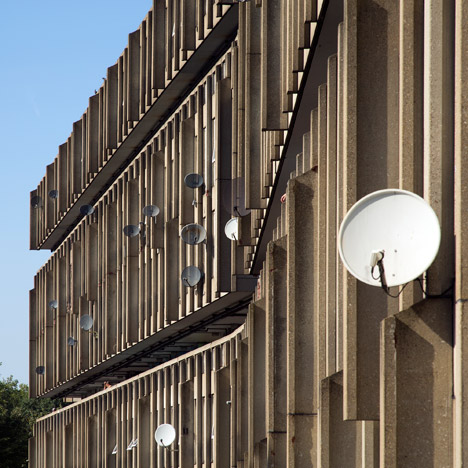
This week, Tokyo Olympics suffered identity crisis and Robin Hood Gardens faced demolition
This week on Dezeen: beleaguered Brutalist housing estate Robin Hood Gardens (pictured) hit the headlines this week as a last-ditch attempt to save it from demolition failed, and Tokyo's 2020 Olympics faced further controversy.
The latest attempt to grant listing status to the Alison and Peter Smithson-designed housing estate failed, prompting local MP Jim Fitzpatrick to call for its immediate demolition.

Just weeks after the Japanese government controversially decided to scrap Zaha Hadid's stadium design for Tokyo's 2020 Olympics, the graphic designer behind the sporting event's visual identity denied accusations that he copied the designs.
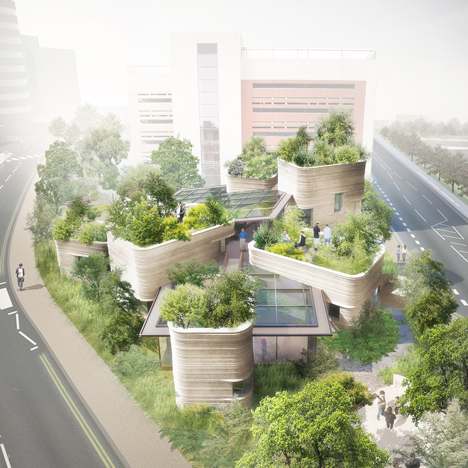
Thomas Heatherwick's plant-covered design for a Maggie's cancer-care centre in Yorkshire was granted planning permission and construction started on Vietnam's tallest skyscraper.
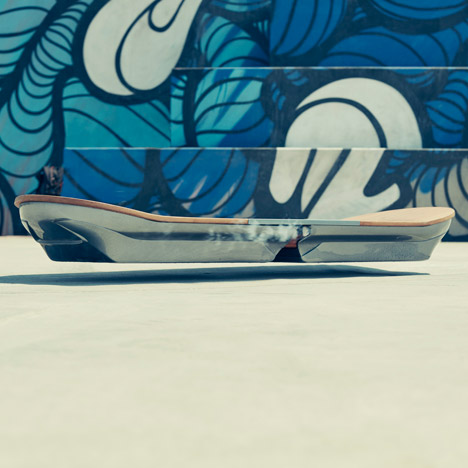
In design news, car brand Lexus unveiled a Back to the Future-style hoverboard and famous architects including Bjarke Ingels and Zaha Hadid reinterpreted Arne Jacobsen's iconic Series 7 chair.
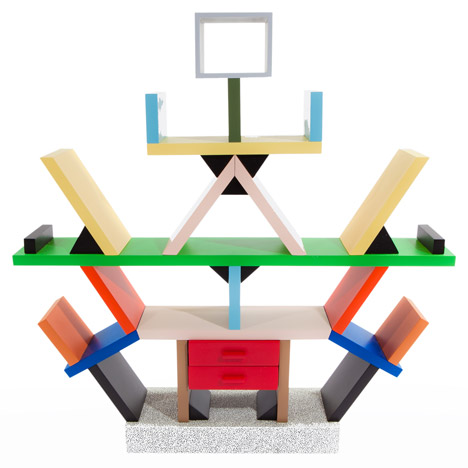
We continued our summer-long series on Postmodernism by exploring the impact of Ettore Sottsass' Carlton bookcase – widely acclaimed as the defining product of the 1980s Memphis Group – on the playful 20th-century movement.

Former FAT director Charles Holland presented 11 lost Postmodern icons, and Frank Lloyd Wright School of Architecture dean Aaron Betsky looked at Postmodernism's influence on experimental architecture.
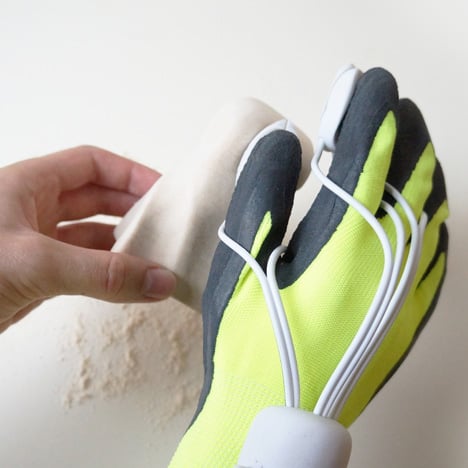
Popular projects this week on Dezeen included a prototype glove that allows its wearer to carve hard materials such as stone and wood, Kengo Kuma's expansion scheme for a Japanese Garden in Portland and a former warehouse in Melbourne transformed into a private residence.
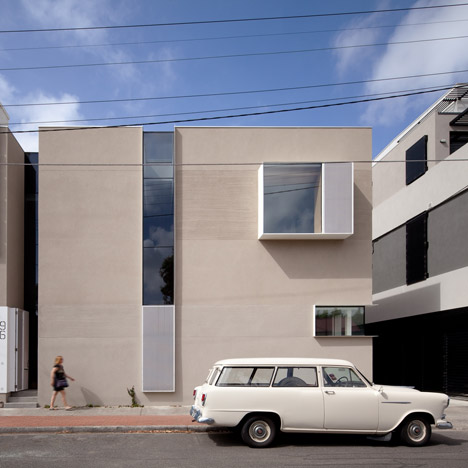
More architecture | More interiors | More design | More news